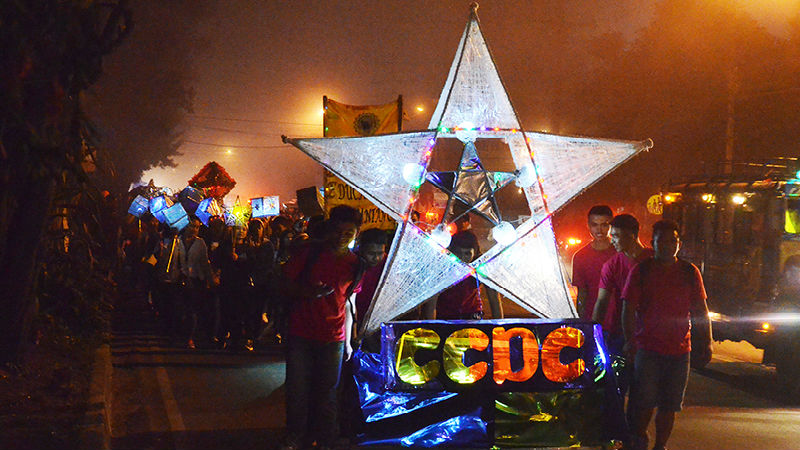Subic, Zambales— Dr. Marlyn P. Wacnag of Cordillera Career Development College presented her research findings regarding Mother Tongue as a Learning Area in grade 1 among Public Elementary Schools in Benguet, Philippines during the 2nd International Research Conference on Teacher Education and Indigenous Peoples Education with the theme “Reorienting Education Systems for Sustainable Development” hosted by Philippine Normal University-North Luzon held at Subic Bay Travelers Hotel.
The conference aimed to encourage professionals and educators to share researches and innovations in sustainability, policies, pedagogy and learning systems related to Teacher Education and Indigenous Peoples Education.
Dr. Charles Hopkins, UNESCO Chair on Reorienting Education for Sustainable Development in York University, the Conference Keynote Speaker, highlighted issues on the global quest for sustainable future and education for sustainable development. In relation to this, he encouraged the participants to turn data into knowledge by reorienting education and training systems to improve the lives of indigenous youth.
Butch Rufino, Basic Education IP Curriculum Expert Consultant; Dr. Ushio Miura, Senior Program Specilaist Education for Sustainable Development-UN Bangkok, Thailand; and Dr. Dzulkifli Abdul Razak, Chairperson, Board of Directors (Universiti Sains Islam Malaysia) were the plenary speakers during the 3-day conference.
Rufino shared his reflections on reorienting education systems for sustainable development, Indigenous Peoples education and Teacher education. On the other hand, Miura emphasized on education and indigenous peoples in international polices and framework, particularly on UN Declaration on the rights of Indigenous peoples, UNESCO Convention against discrimination in education and trends in the Asia-Pacific region. According to Miura, limited access to formal education, absence of the recognition of the identities and cultures of the indigenous peoples in national education system and curricula, inadequate provision of supplies in school areas inhabited by IPs and absence of sufficient teachers, which are factors contributing to lower enrolment rates, higher drop-out rates and poorer educational outcomes of indigenous peoples, are problems created by the current education system. With this, “I challenge you to rethink education and explore alternative ways to address those identified problems,” Miura concluded.
Moreover, Razak elaborated on Sustainability Agenda, Post 2015 Agenda and the Millennium Development Goals. “We should understand the past so that we could have a directional future,” Razak added.
The congress brought together education policy makers, researchers across disciplines, dissertation and thesis advisers, research directors and staff, research enthusiasts, teachers across levels, culture officers and advocates, graduate students and other interested stakeholders to share and collaborate with colleagues from around the world to shed light and solve key problems in the field of teacher education and indigenous peoples education.
By AMOR B. SEGUNDO and JEM ANN POKING














Congratulations to you mam!.